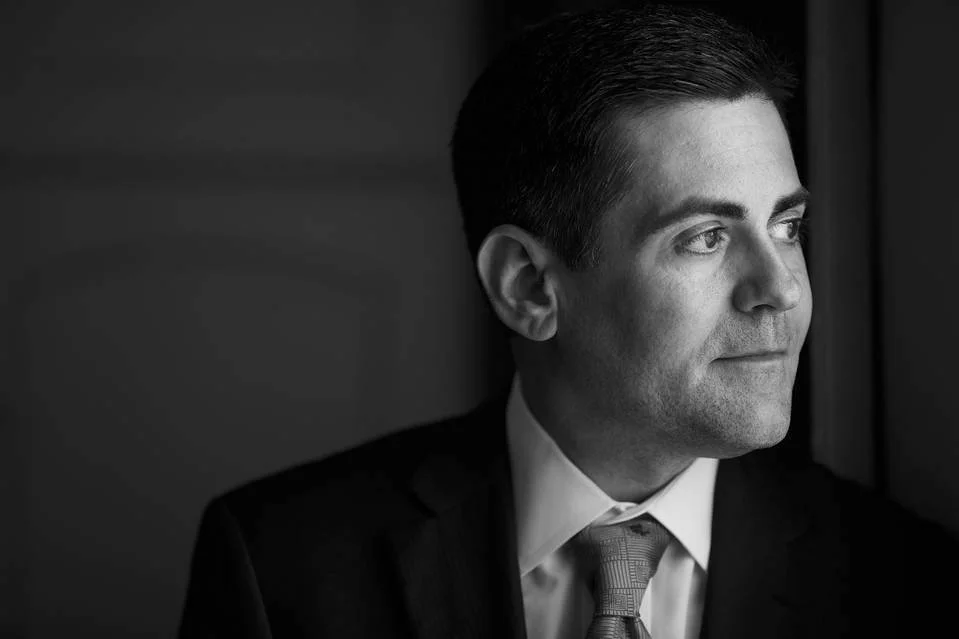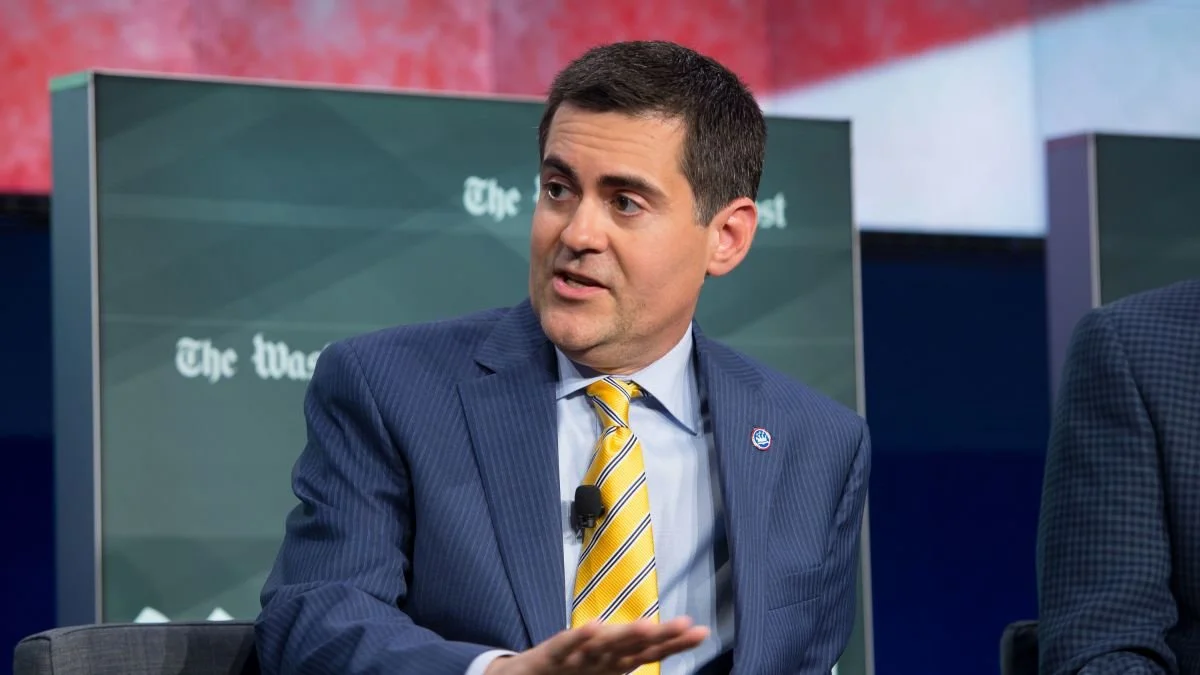Meet Russell Moore
with Director of Undergraduate Ministries for Men Drew Masterson
Over the last several years, I’ve grown much more attuned to the challenge and necessity of balancing two essentials of the Christian life: orthodoxy and orthopraxy. Right belief and right action. Biblical convictions and a faithful embodiment of those convictions, marked by the fruits of the Spirit (Gal 5:22).
It’s been rare to find those who stand firm in the truth of the Gospel and to speak that truth in love, especially to those who don’t agree with them.
Our media ecosystem has tended to give prominence to right belief. This encourages two related postures that we can see on Twitter, Youtube, Facebook, or cable news.
When it comes to public figures (politicians, pastors, celebrities, etc.), right belief can become the most important thing about them, more important than their character or lived ethic. We develop selective blind spots towards those with whom we agree. What they stand for (or against) becomes more important than how they live.
When right belief is of ultimate importance, it becomes easy to justify rage, scorn, and even violence. Seeking to embody the fruits of the Spirit becomes optional, contingent upon the beliefs of the person with whom I am interacting.
It is rare for a public persona to stand firmly upon Biblical convictions, receive the backlash these convictions often generate, and continue to speak the truth in love. In all that I have read and seen of Russell Moore, he is one of the rare people striving to do that.
I came to know of Russell Moore living up in the DC-area and learning about the work of the Ethics & Religious Liberty Commission. However, I didn’t follow him in earnest until after he was called out on Twitter by Donald Trump in the lead-up to the 2016 election (full context here, start at 3:00). Moore had been interviewed for a Washington Post article citing several Evangelical leaders lamenting Trump’s ascent in the Republican primary. In response, Trump tweeted:
“Russell Moore is a truly terrible representative of Evangelicals and all the good they stand for.
A nasty guy with no heart!”
Here was Moore’s response.
.@drmoore responds to @realdonaldtrump's "nasty guy with no heart" insult. https://t.co/RwMeQ8745x #MTPDaily pic.twitter.com/HEpa1EIohR
— Meet the Press (@MeetThePress) May 9, 2016
Regardless of his political leanings, Moore’s response to Donald Trump encapsulated three lines of his thought and demeanor that I have seen run through his work in the years since:
Charitable - Despite facing strident criticism, Moore consistently faces his critics with an eye towards establishing common ground and affirming what he can affirm in good faith. On his podcast, he hosts a series called “Tell Me Where I’m Wrong,” featuring a guest with whom he shares a significant disagreement (from cultural Christianity, to biblical masculinity, to the death penalty). During these episodes, he challenges himself to better understand his conversation partner by maintaining an atmosphere of curiosity and civility. I see Moore consistently extending dignity to his “opponents,” seeking to understand them at their best, and to build common ground where he can.
Christocentric - You won’t get far reading or listening to Russell Moore without encountering Jesus. An outspoken proponent of bringing back the altar call, Moore believes deeply in the power of relationship with Jesus to transform broken lives, institutions, and cultures. Remaining fixed on the victory and mission of Jesus has kept him sensitive to leaders, churches, and ministries whose actions call that victory and mission into question, especially through the abuse of hurting and vulnerable people. He yearns for the church to be the hands and feet of Christ, because the world desperately needs His saving, redeeming, healing power.
Comprehensive - For Moore, there is no aspect of life that is not to be brought in submission to the feet of Jesus. As Christians, our political leanings, online interactions, institutional commitments—all of our lives ought to reflect the truth and spirit of Christ. As Moore’s career reflects, living a fully-integrated life of faith in the public eye will defy the tribal categories we are prone to create (and which our media thrive on promoting). Moore has sought a middle path amidst the negative polarization infecting our national discourse, a “patient pluralism,” secure in the victory of Christ. Moore models how to submit all of ourselves to Jesus and resist the fear and outrage which sometimes seem like our only available options.
If you are new to Russell Moore, I encourage you to explore his weekly newsletter, the weekly news podcast he co-hosts with Mike Cosper, or his own podcast, which often features terrific interviews like this.



